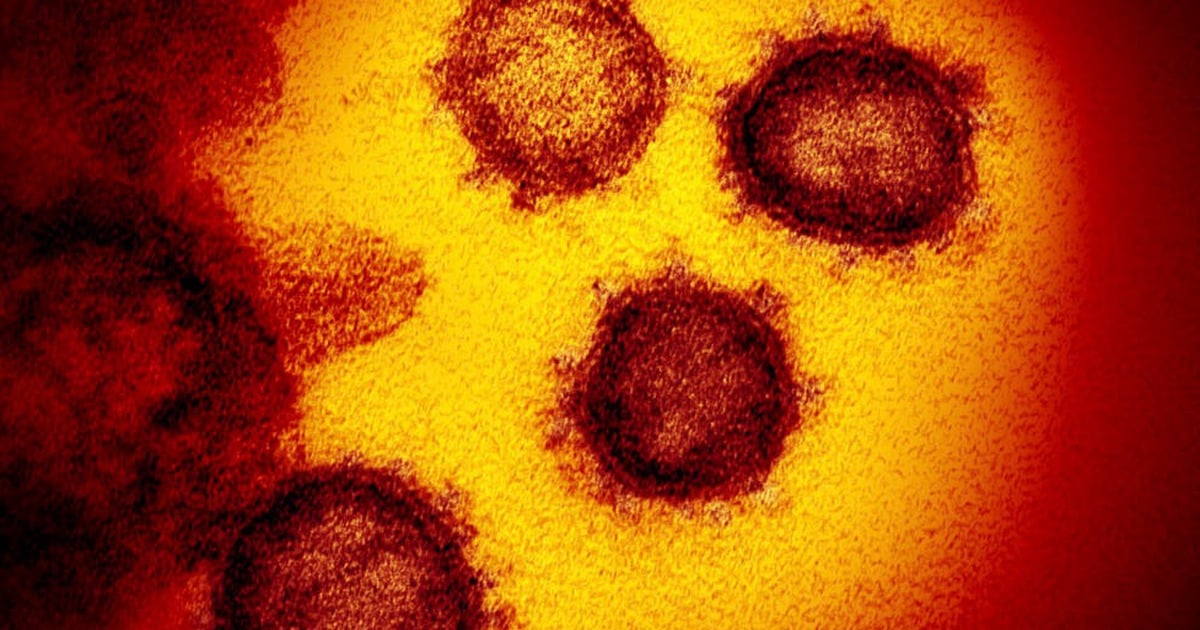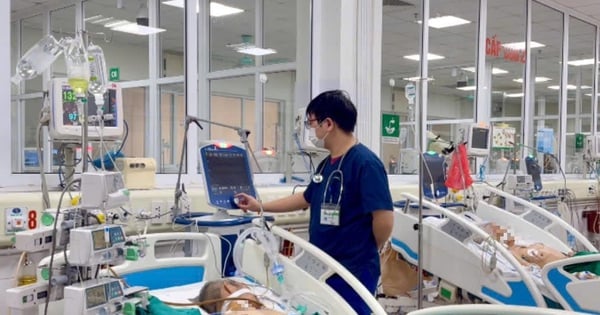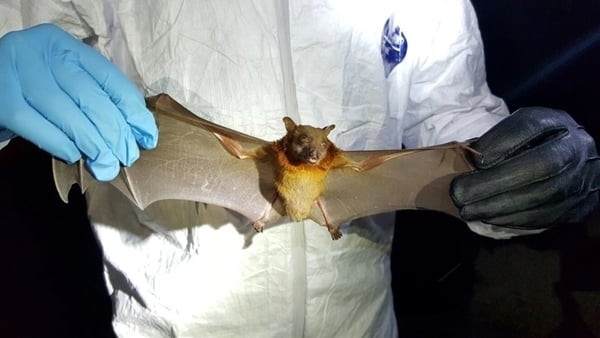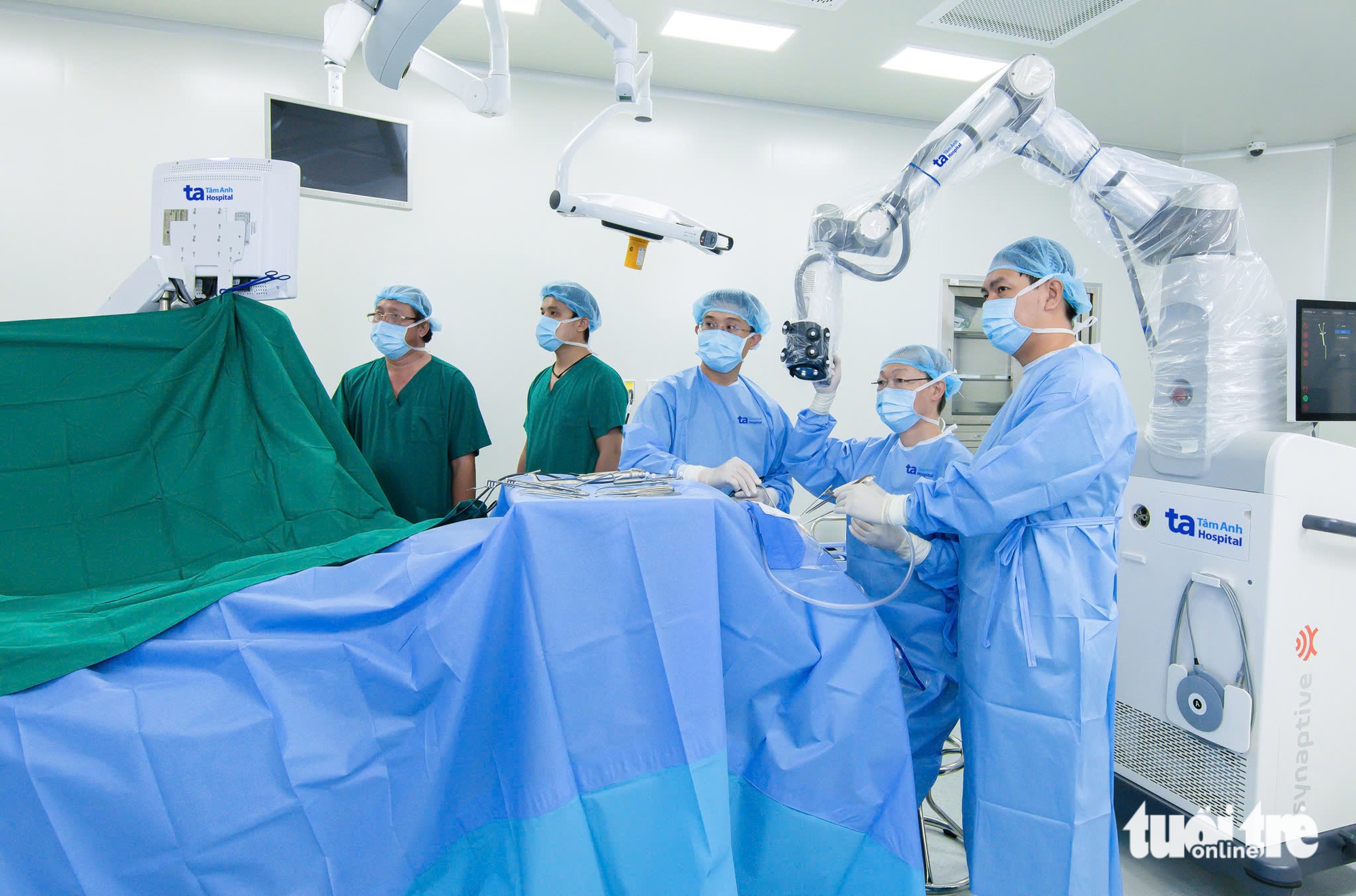Human metapneumovirus (HMPV) is not a new virus. It is one of the agents causing respiratory infections in children and has been recorded in Ho Chi Minh City at a low rate compared to other agents.
Ho Chi Minh City Department of Health: HMPV is not a new virus, it was discovered in 2023-2024
Human metapneumovirus (HMPV) is not a new virus. It is one of the agents causing respiratory infections in children and has been recorded in Ho Chi Minh City at a low rate compared to other agents.
Recently, some foreign websites reported on an outbreak of disease in China with many cases of pneumonia caused by the virus that causes pneumonia in humans (Human Metapneumovirus - HMPV) and stated that the disease spread rapidly with symptoms similar to the flu, Covid-19.
However, according to the Ho Chi Minh City Department of Health, HMPV is not a new virus, having been discovered as one of the causes of respiratory infections in children in 2023 and 2024.
The Ho Chi Minh City Department of Health added that the infectious disease surveillance system in Ho Chi Minh City in 2024 recorded the number of respiratory infections ranging from 16,000 - 18,000 cases per month in the first 8 months of the year and increasing in the last 3 months of the year.
Respiratory diseases tend to increase when the weather turns cold, however, there have been no unusual fluctuations in the number of cases or serious illnesses in hospitals.
 |
| Photo caption |
Regarding pathogens, the results of the report from the community-acquired pneumonia pathogen research program in collaboration between the Oxford University Clinical Research Unit (OUCRU) with the Hospital for Tropical Diseases, Khanh Hoa Provincial General Hospital, Nha Trang Pasteur Institute and the National Center for Infectious Diseases of Singapore (under the PREPARE project) show that the pathogens are still common viruses and bacteria.
Specifically, the test results of 103 patients with community-acquired pneumonia (including 56 children and 47 adults) hospitalized from July to December 2024 at the Hospital for Tropical Diseases in Ho Chi Minh City showed that HMPV accounted for a small proportion of 12.5% in children compared to other agents causing community-acquired pneumonia. While other more common agents found in children are H. influenzae bacteria (71.4%), S. pneumoniae (42.9%), influenza A virus (25%), rhinovirus (44.6%), RSV (41.1%)...
Common pathogens in adults are H. influenzae (42.6%), S. pneumoniae (27.7%) and influenza A virus (48.9%). In addition, during the outbreak of respiratory infections in children in late 2023 in Ho Chi Minh City, surveillance results also recorded a variety of common viral pathogens, of which HMPV was also detected at a rate of 15%.
However, the Ho Chi Minh City Department of Health recommends not to be subjective about possible developments. The Department has directed the Ho Chi Minh City Center for Disease Control (HCDC) and medical units to continue to closely monitor the epidemic situation in the world, and be ready to deploy medical quarantine activities at airports and seaports under the direction of the Department of Preventive Medicine to detect early and prevent the risk of disease spread (if any).
At the same time, continue domestic epidemiological surveillance activities, including monitoring the number of respiratory infections, the number of hospitalized severe acute respiratory infections, monitoring respiratory pathogens, and monitoring events such as detecting clusters of cases in schools, factories, communities, etc. to take timely measures.
Human metapneumovirus (HMPV) is a virus in the family Pneumoviridae, first discovered in 2001. HMPV is related to respiratory syncytial virus (RSV) and is one of the agents causing upper and lower respiratory tract infections in young children, the elderly, and people with weakened immune systems.
The virus spreads from person to person through direct contact or indirectly through contaminated surfaces, with the risk increasing during winter and early spring. Common symptoms include cough, runny or stuffy nose, sore throat, fever, and in severe cases, severe pneumonia.
Currently, there is no vaccine or specific treatment for HMPV. Therefore, it is important to take preventive measures as recommended by the health sector.
Source: https://baodautu.vn/so-y-te-tphcm-hmpv-khong-phai-la-virus-moi-tung-duoc-phat-hien-nam-2023-2024-d239739.html








































Comment (0)